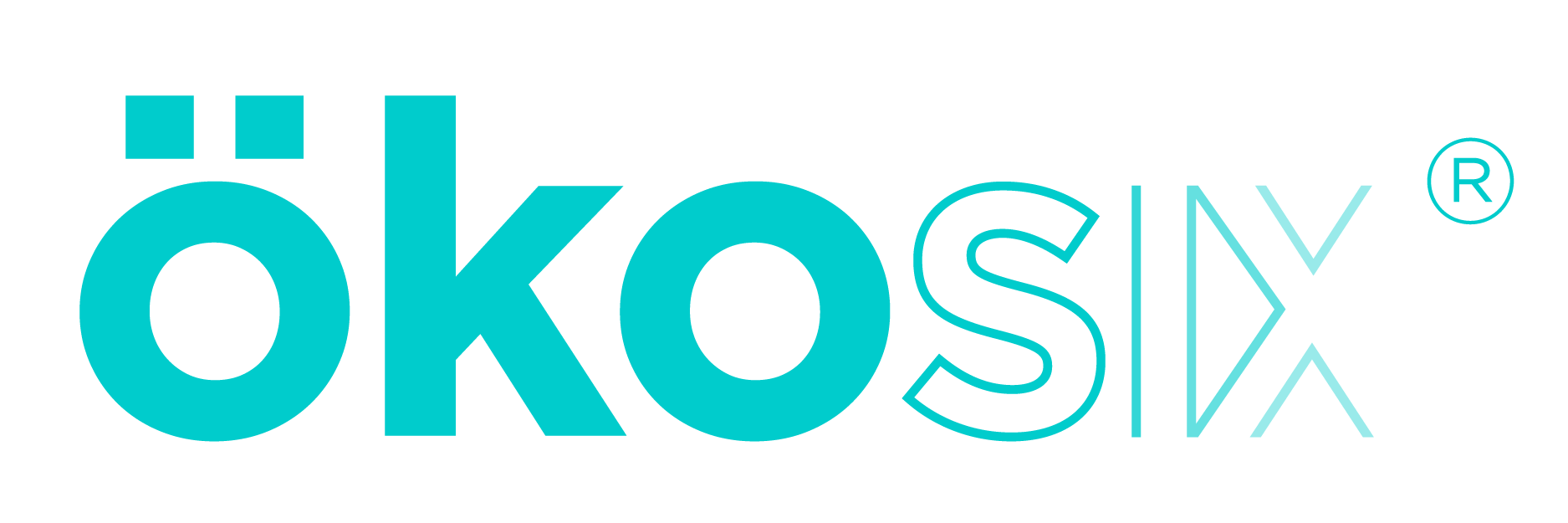According to estimates by the Hong Kong Environmental Protection Department, since the start of the pandemic, about 4 to 6 million disposable surgical masks are discarded daily in Hong Kong. These masks take hundreds to a thousand years to fully degrade after disposal, severely exceeding environmental capacity. Moreover, each surgical mask releases between 880,000 to 1.17 million microplastic particles, threatening marine ecosystems and human health. In response, Hong Kong environmental tech startup OKOsix Limited launched the world's first fully degradable surgical mask. Its founder, Eddie Yu, stated, "The harm of microplastics to ecosystems and human health cannot be ignored, yet research on the impact of widely used plastic-containing anti-pandemic products is limited. Consumers need more information and product choices"
Widespread Greenwashing Phenomenon
The market offers an increasing variety of eco-friendly masks, many claiming to be "biodegradable" or "photodegradable." However, most products do not fully degrade as commonly understood; their decomposition releases microplastics that pollute the food chain and cause other issues.

▲ Dr. David Chung, Deputy Secretary for Innovation and Technology Bureau; Mr. Victor Choi, Chairman of the Hong Kong Electronic Technology Association (HKETA); Dr. Teresa Law, Executive Vice-Chairperson of HKETA; Mr. Eddie Yu, Founder of OKOsix; Dr. Matthew Pang from the Social Responsibility and Sustainable Development Office at The Chinese University of Hong Kong; Dr. Tin Lau from the Nano and Advanced Materials Institute (NAMI); Mr. Tam from SGS; Mr. Edwin Lau from The Green Earth; Mr. Ricci Wong from HKTimberbank; and Mr. Benny Au from Hong Kong Distillery jointly explored international sustainable development trends and contributed efforts to curb the increasingly severe plastic pollution during the pandemic at the seminar titled "Say No to the Plastics Pandemic".
At a sustainable development seminar co-organized by OKOsix and the Hong Kong Electronic Technology Association titled "Say No to the Plastics Pandemic" , experts discussed global sustainability trends and strategies to combat escalating plastic pollution during the pandemic. Mr. Tam from SGS pointed out the prevalence of "greenwashing"—some companies promote products as "biodegradable," "photodegradable," or "compostable" without solid evidence, confusing consumers. He advised consumers to check for certifications such as ASTM D6400 (US) or EN 13432 (EU), with compostable standards being more stringent and reliable than general biodegradable claims, to avoid misleading purchases.

▲ The mask packaging uses FSC-certified eco-friendly paper to promote sustainable forest conservation and is printed with environmentally friendly soy ink. The FSC paper box has no plastic coating and features a self-locking design to minimize the use of plastic adhesives, pigments, and bleaches.
Breakthrough Technology: Successfully Developed Plastic-free Medical-grade Mask Material
Previously, due to technical limitations, non-woven disposable masks or reusable mask filters could only be made from plastics. OKOsix collaborated with the Hong Kong Nano and Advanced Materials Institute (NAMI) to develop a breakthrough technology using electrospinning and fiber optimization to create NADEX™ nano-filter layers and OKOmer™ fabric made from plant fibers and natural materials. This led to the Hong Kong-made Green Mask, the world's first certified plastic-free medical-grade mask material that fully degrades and composts within six months. OKOsix is patenting this unique technology, which won a gold medal at the 2022 Geneva International Invention Exhibition.
Unlike common masks made from petroleum by-products or plastics, the entire ÖKOSIX Mask product, including the mask body, nose strips, and ear loops, is made from degradable plant fibers and natural materials. The mask material has passed the strictest international oxygen degradation and compostability certifications ASTM D6400 / EN 13432, decomposing into carbon dioxide, water, and harmless biomass within six months. In anaerobic landfill simulation tests (ASTM D5511), the material decomposed 90.6% within 90 days.

▲ OKOsix Green Masks will mainly be available in white. Eddie mentioned that they plan to use eco-friendly dyes to produce more colors, which are expected to launch in the market within a few months. They also welcome collaborations with government departments and companies to produce exclusive, rapidly fully-degradable surgical masks, jointly promoting environmental protection.
The OKOsix Mask meets the US ASTM F2100-19 Level 3 medical mask standard, effectively blocking bacteria, viruses, and droplets. The material is soft and highly breathable, ensuring comfort even in hot weather. The decomposition process releases no microplastics, heavy metals, or other harmful substances.

▲ Eddie has over a decade of experience in environmental science, pharmaceuticals, and medical technology-related industries. He founded OKOsix in 2021, firmly believing that technology can change the world and bring about a better living environment.
Expanding Production and Redefining "Disposable"
Beyond revolutionizing the disposable mask market, Eddie Yu aims to redefine the concept of "single-use disposable products." "Degradable medical masks are just the first step for OKOsix. Our goal is to replace plastic non-woven fabrics with materials that fully biodegrade in months, expanding to degradable air conditioner dust filters, diapers, sanitary pads, and other consumables," he said. This will significantly reduce product carbon footprints and offer consumers plastic-free alternatives. The OKOsix Mask is expected to launch in mid-July at an affordable price of about HK$4-5 per piece.
Translation from original source: TOPICK
